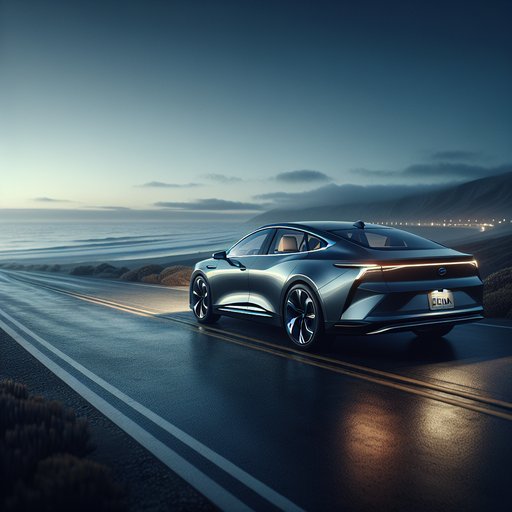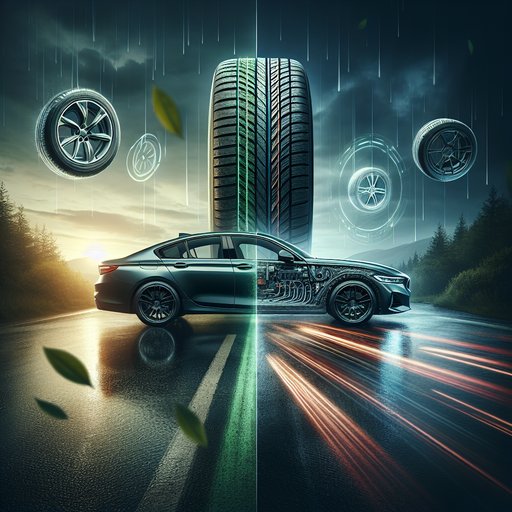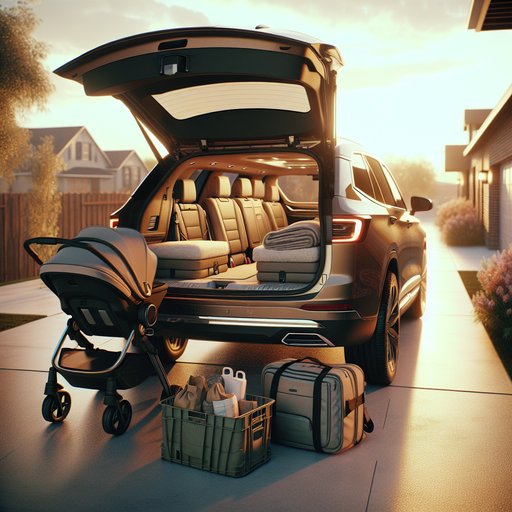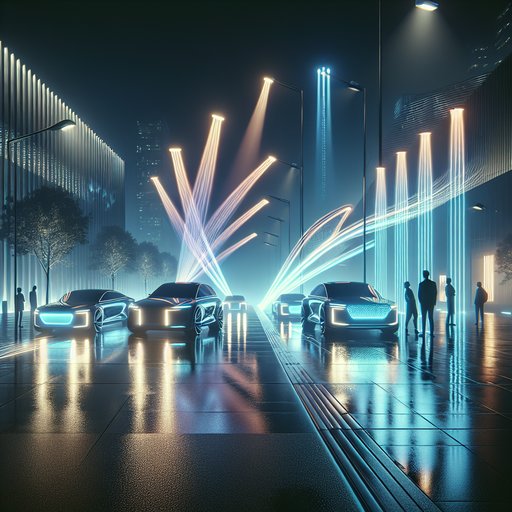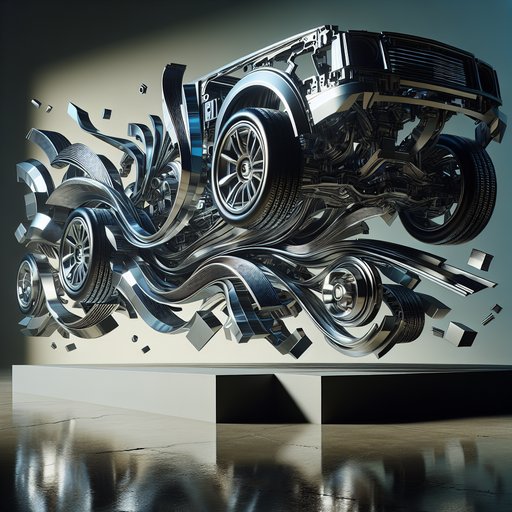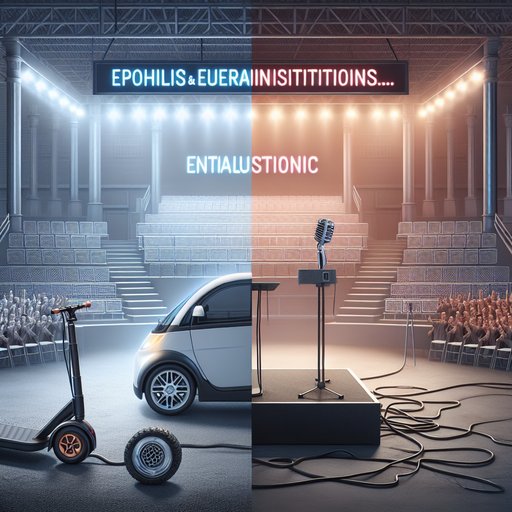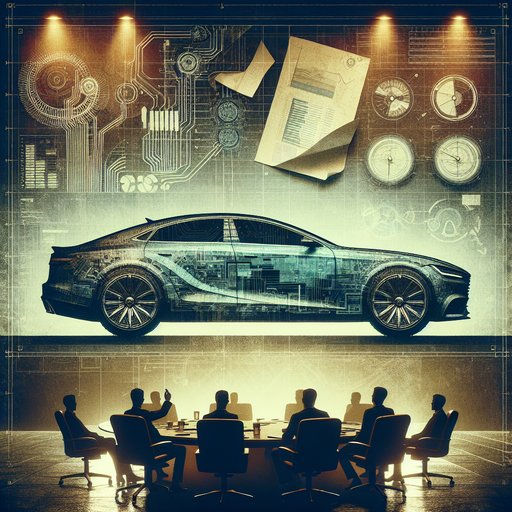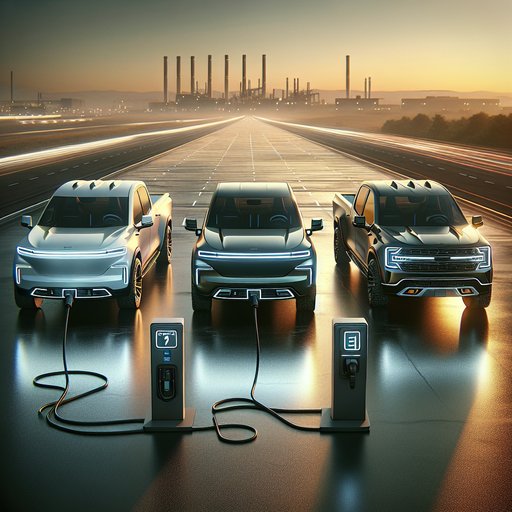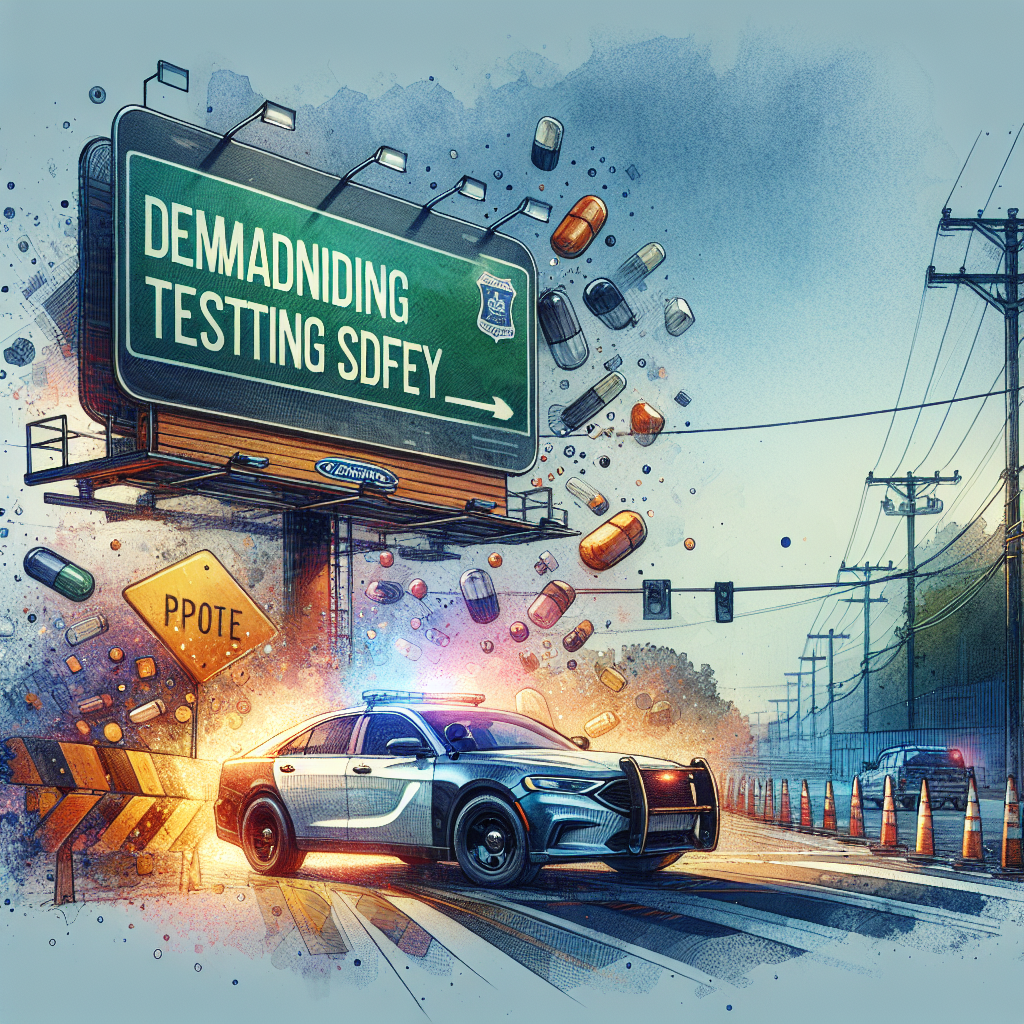
Several automotive manufacturers are stepping up their safety game as testing bodies worldwide raise their standards. Recent announcements show multiple vehicles receiving safety upgrades and improved ratings, while testing organizations continue to push for even stricter safety requirements to protect drivers and passengers.

The automotive enthusiast community is experiencing a renaissance, with manufacturers and fans alike celebrating both heritage and innovation. From Scandinavian classic car gatherings to Japanese automotive preservation initiatives, the car culture landscape is evolving while maintaining strong connections to its roots. This cultural shift reflects a growing appreciation for automotive history alongside modern automotive lifestyle trends.

Most carmakers are on track to meet the European Union’s CO2 reduction requirements, but a delay to 2025 emissions rules could mean EU manufacturers sell 2 million fewer electric vehicles, reshaping the policy landscape that cities consider when tightening urban driving limits [1]. At the same time, EU data indicate plug-in hybrids emit five times, on average, what official tests claim, a gap that complicates how authorities classify “low-emission” vehicles, while analysis suggests the EU’s EV market is being left behind by China, the UK, Thailand, and Vietnam [2]. As these findings land, they set the tone for policymakers weighing the next generation of urban transport rules and potential car restriction measures across European streetscapes [3].

In a significant move that strengthens the automotive industry's commitment to electric vehicle production, Mercedes-Benz has entered into a major partnership with LG Energy Solution. The companies have announced an $11 billion deal for EV battery supply, marking one of the largest agreements of its kind in the automotive sector [1].

In a significant boost to electric vehicle infrastructure, Vermont has secured over $15 million in federal funding to expand its EV charging network. The investment marks a crucial step in the state's commitment to sustainable transportation and aims to address one of the primary barriers to EV adoption - charging accessibility [1].
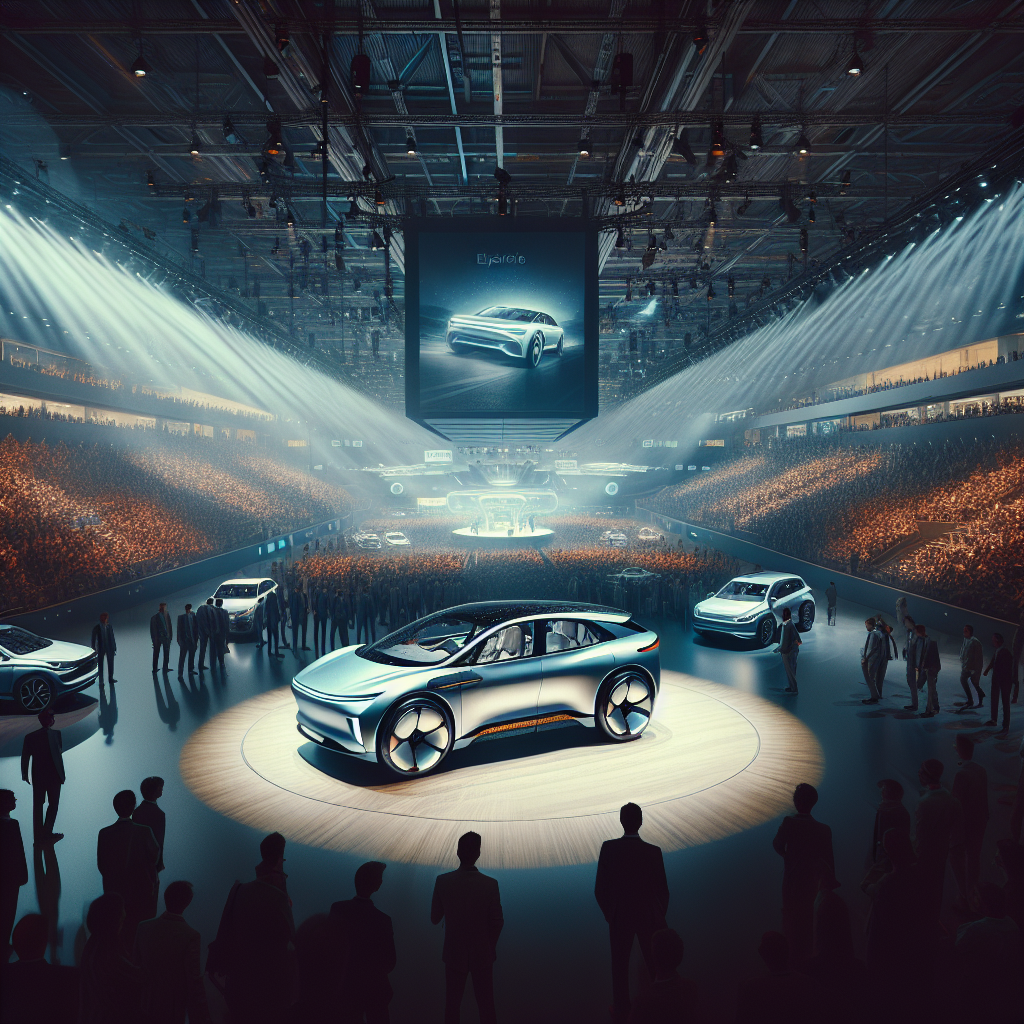
The Munich International Auto Show has become a pivotal battleground for global automakers, showcasing the latest in electric vehicle technology and affordable mobility solutions. The event highlights an intensifying competition between established European manufacturers and emerging Chinese brands, with sustainability and accessibility taking center stage [1].
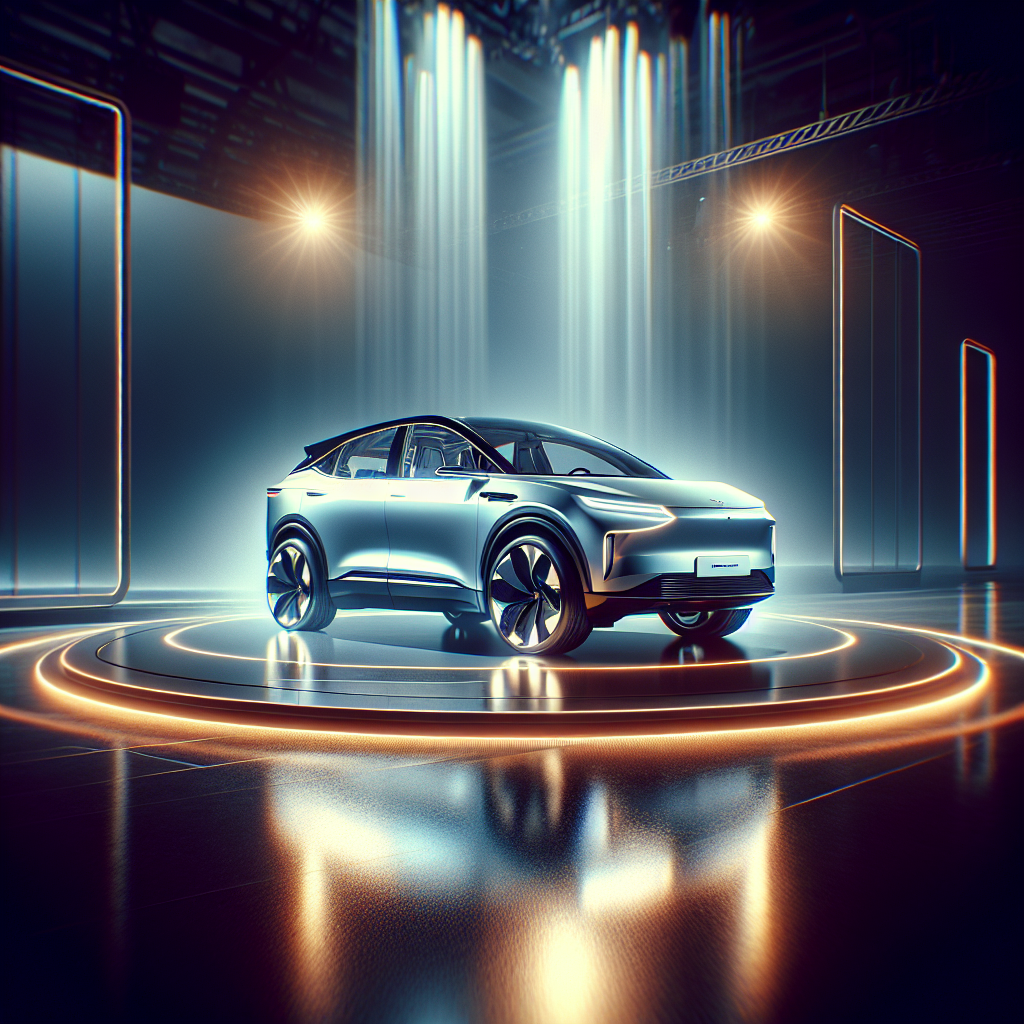
Volkswagen has revealed its latest addition to the electric vehicle lineup with the ID. CROSS Concept, a compact SUV aimed at making electric mobility more accessible. The new model, showcased at the IAA (International Motor Show), represents Volkswagen's strategic push into the affordable electric vehicle segment [1].
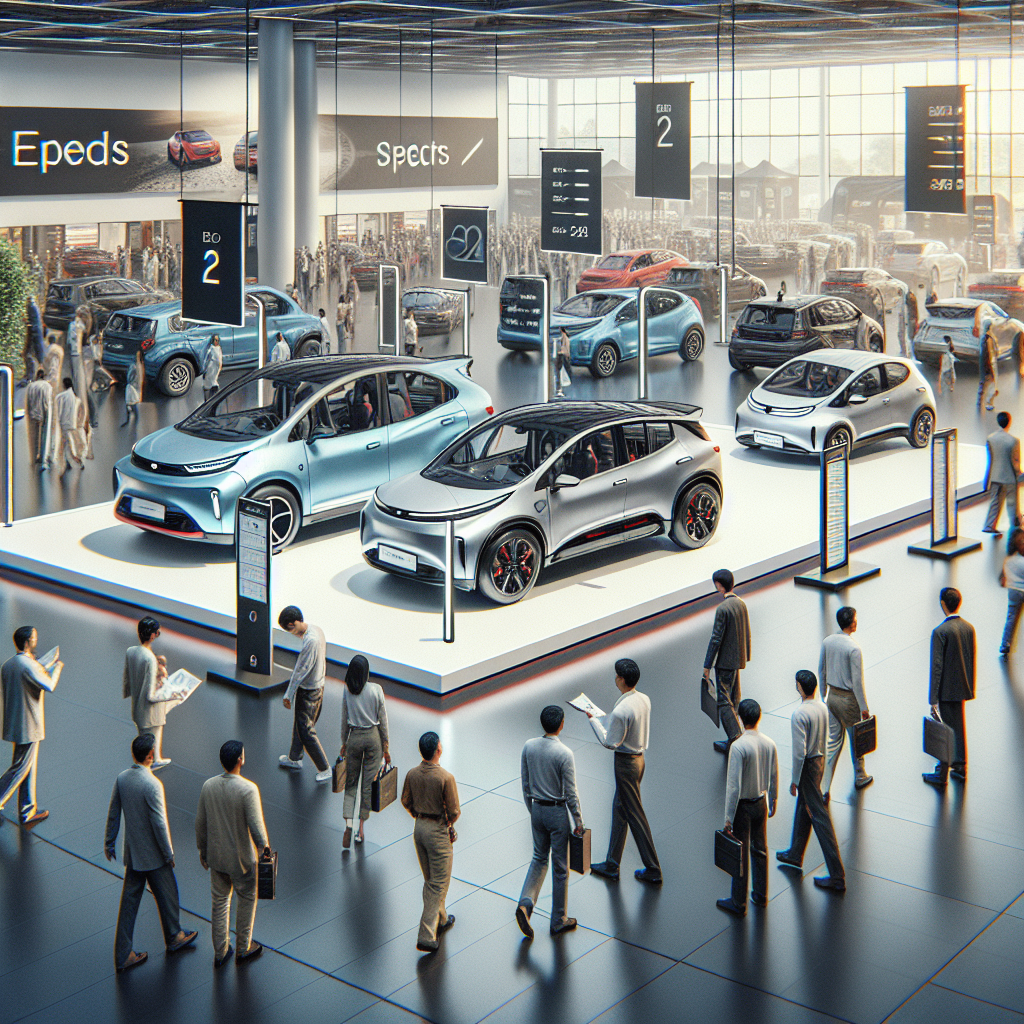
The global automotive landscape is experiencing a significant shift as Chinese manufacturers make unprecedented inroads into European markets, particularly in the UK, while established players adapt their strategies to maintain competitiveness. Recent market data shows a complex picture of traditional automakers facing new challenges while electric vehicle manufacturers continue to gain ground, with Tesla notably bucking overall market trends in the UK [1].
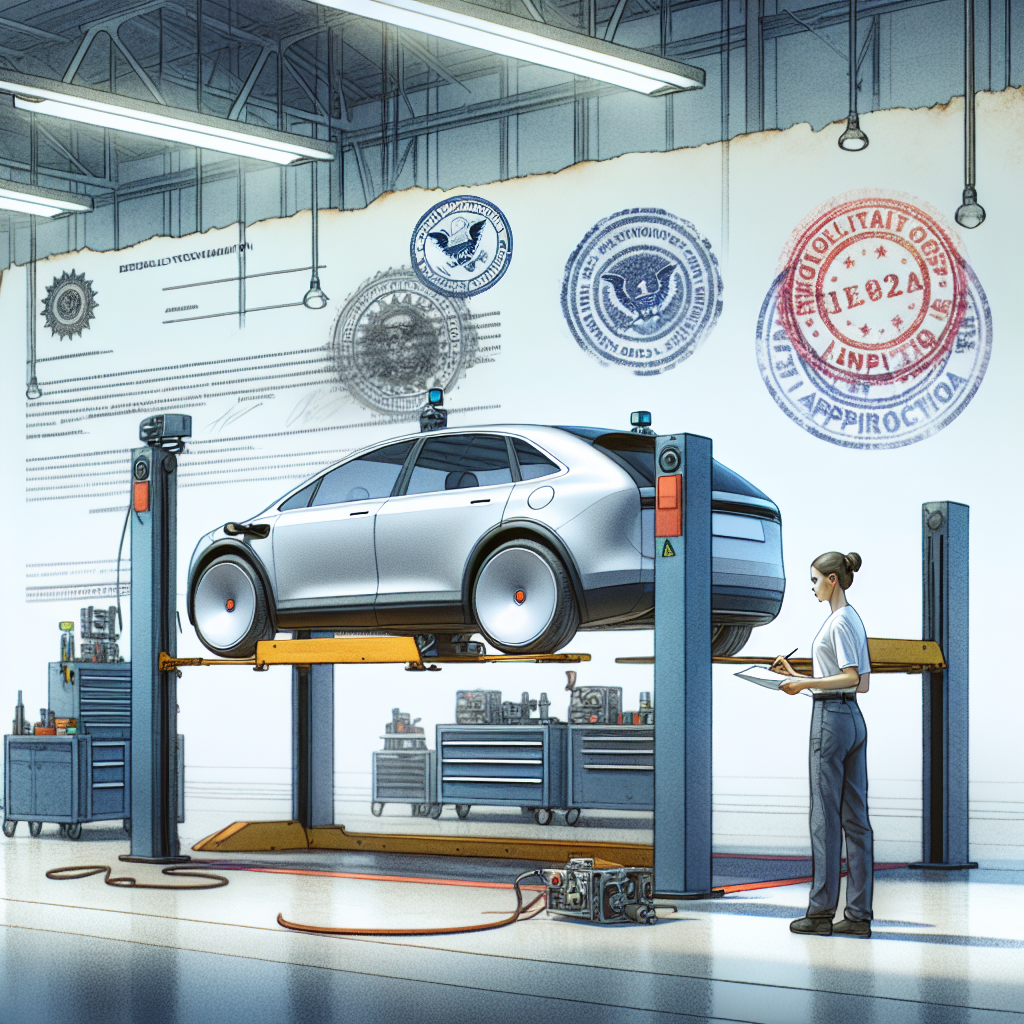
The National Highway Traffic Safety Administration (NHTSA) is taking significant steps to streamline the regulatory process for autonomous vehicles, marking a potential turning point for self-driving technology in the United States. The agency is implementing changes to make it easier for autonomous driving companies to obtain Federal Motor Vehicle Safety Standards (FMVSS) exemptions [1].
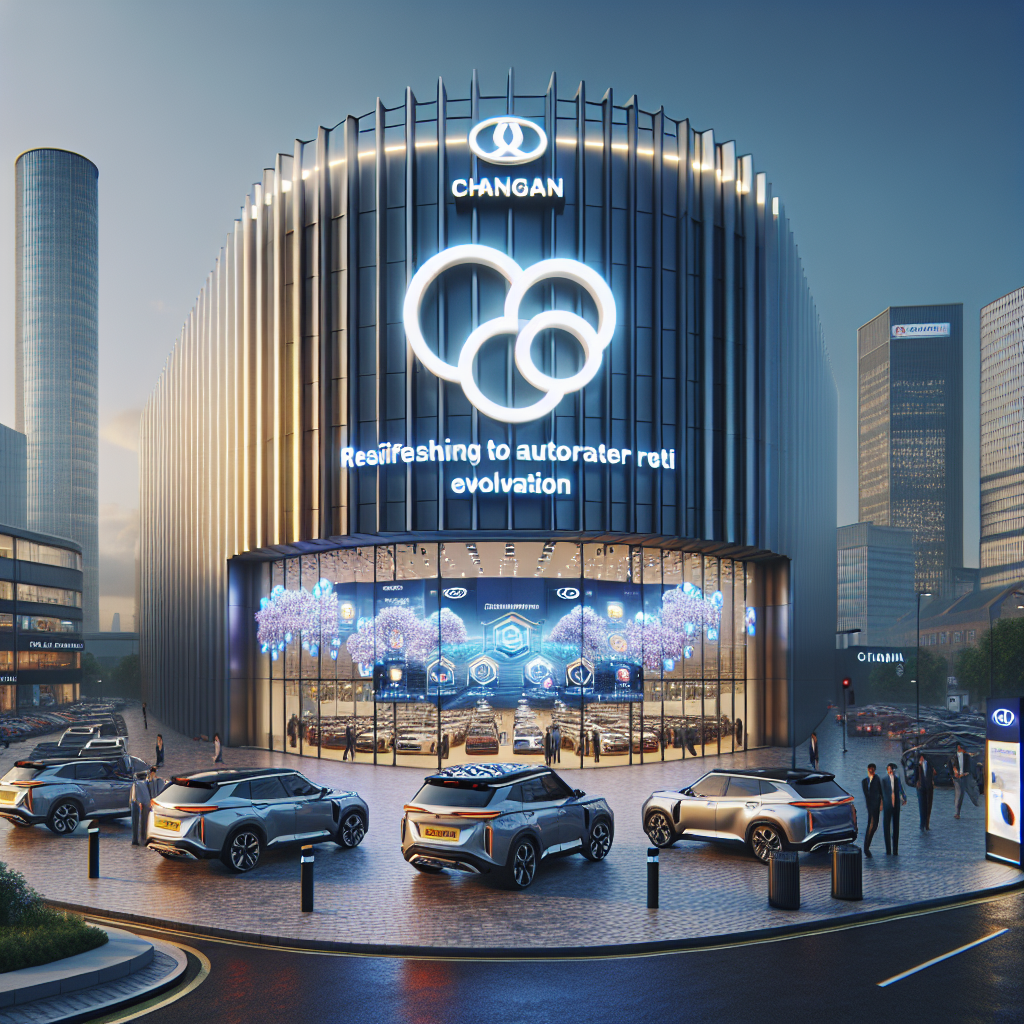
In a significant move that could reshape Britain's automotive retail landscape, Chinese manufacturer Changan has announced comprehensive plans to establish its presence in the UK market. The historic Chinese brand is implementing a strategic approach that combines traditional dealership networks with modern retail concepts, marking one of the most ambitious market entry plans by a Chinese automaker in Europe [1].

